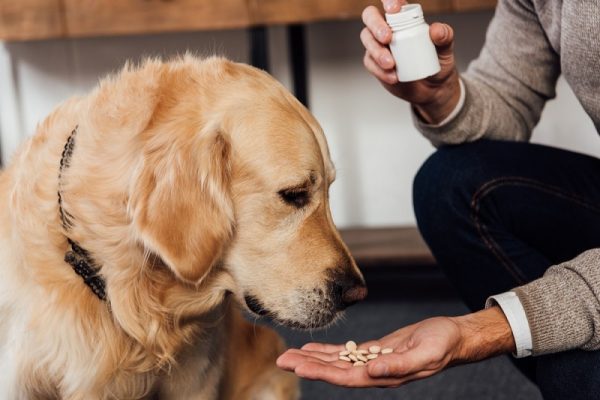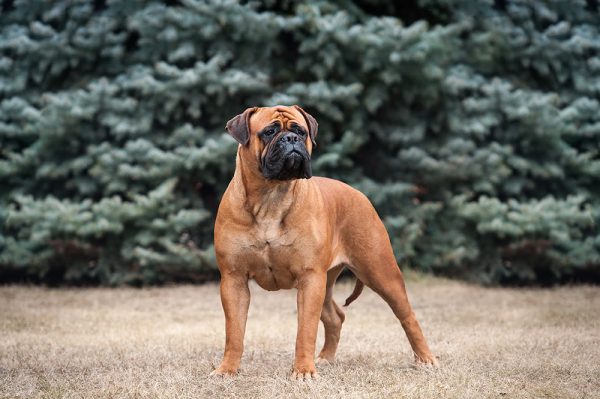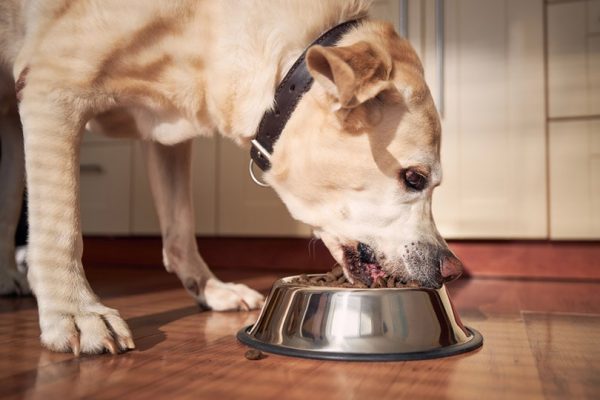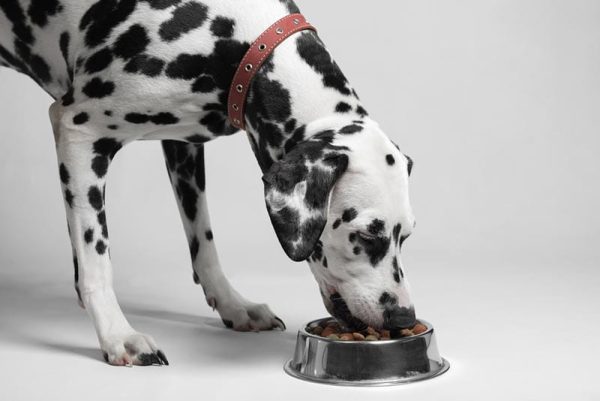In this article
View 3 More +Choosing a dog that fits your lifestyle can be pretty tricky, especially when endless options are available. The Havanese and Bichon Frise are two breeds that often come up in this discussion due to their various similarities.
Not only are they both small and fluffy but they’re also known for their affectionate and family-oriented nature. These two breeds are similar in multiple ways, but they also have some key differences to consider before making a choice.
If you want to explore the differences between the Havanese and the Bichon Frise, you’re at the right place. Keep reading to learn more about their grooming needs, health concerns, training requirements, activity levels, and other factors to find the right breed for your family.

Visual Differences
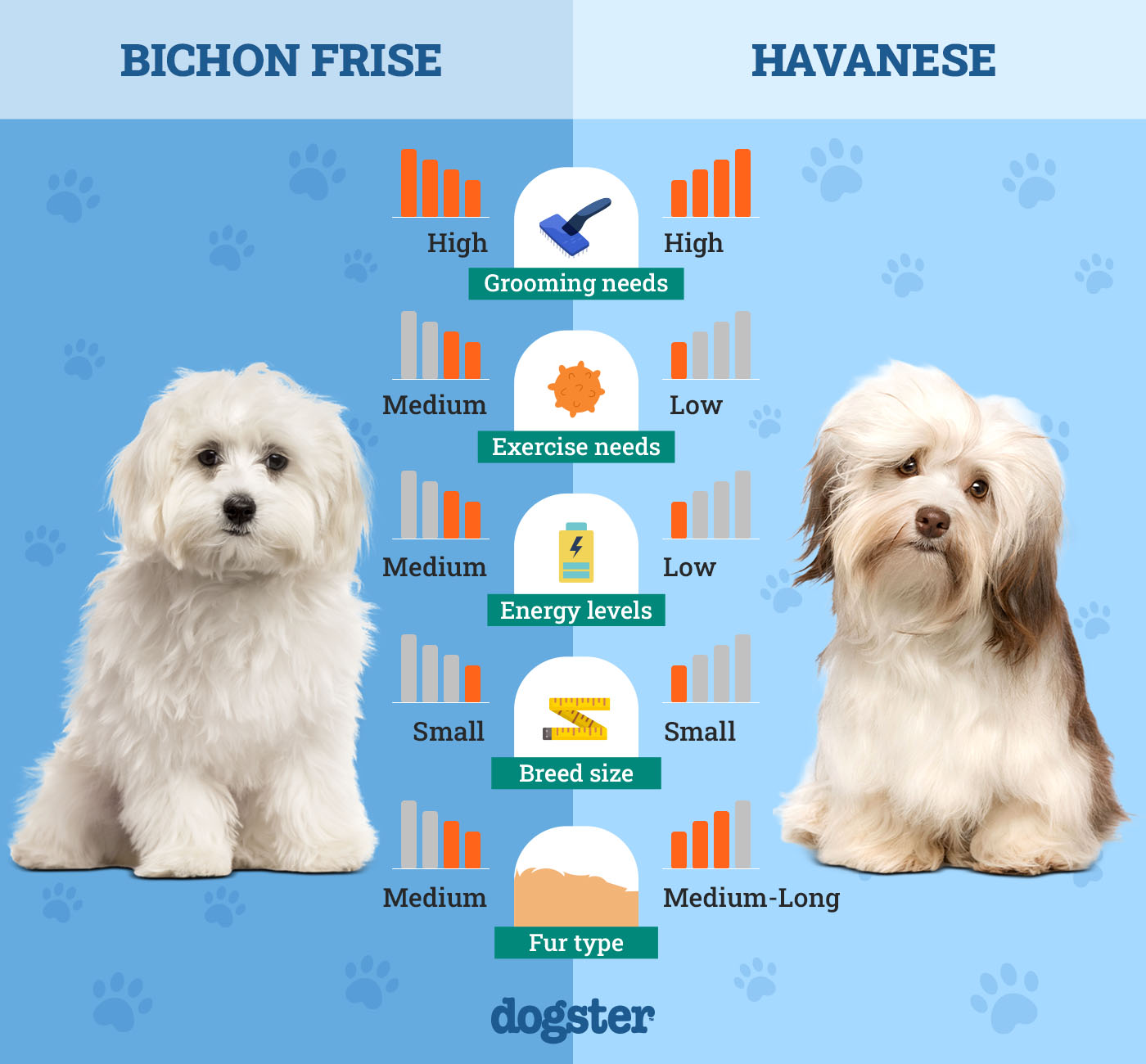
At a Glance
- Average height (Adult): 9–11 inches (23–28 cm)
- Average weight (adult): 12–18 pounds (5–8 kg)
- Lifespan: 12–15 years
- Exercise: Low exercise needs
- Grooming needs: High-maintenance
- Family-friendly: Yes
- Other pet-friendly: Yes
- Trainability: Easy to train
- Average height (adult): 8.5–11.5 inches (22–29 cm)
- Average weight (adult): 7–14 pounds (3–6 kg)
- Lifespan: 13–15 years
- Exercise: Moderate exercise needs
- Grooming needs: High-maintenance
- Family-friendly: Yes
- Other pet-friendly: Yes
- Trainability: Easy to train

Bichon Frise Overview
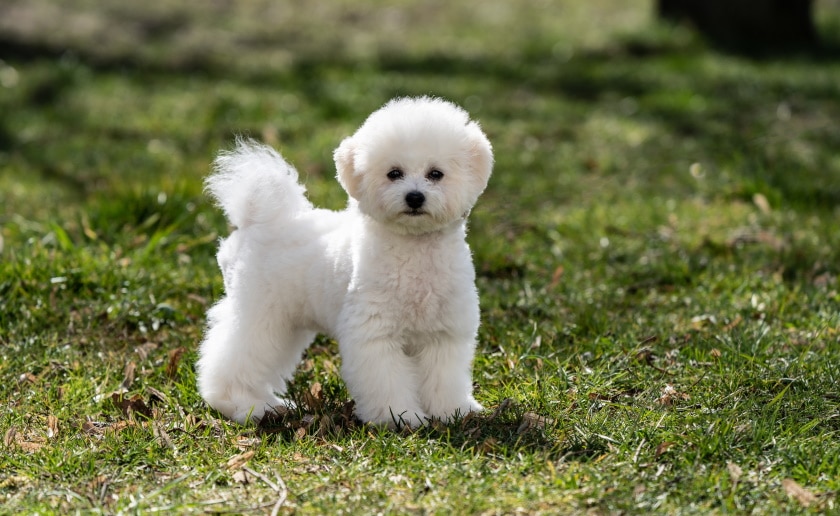
The origins of the Bichon Frise breed date back to the Middle Ages in the Mediterranean region, so it’s clear that they have a rich and exciting history. It’s speculated that the Havanese is a result of crossbreeding a Poodle-type dog with a Barbet Water Spaniel and other small breeds.
The French and Italian nobility often kept Bichon Frises as their lap dogs. Meanwhile, sailors of the time also prioritized the breed, as they didn’t take up much space on their ships.
After the First World War, the breed almost went extinct as they drastically declined in popularity. Luckily, French breeders in the 1930s worked hard to revive this breed by developing a breeding program to maintain its standard appearance.
By 1973, the breed was recognized by the American Kennel Club, leading to its popularization as a household dog. Today, the Bichon Frise is a beloved dog breed for its affectionate and family-friendly nature, adorable features, and hypoallergenic coat.
Personality/Character
The Bichon Frise dog has a playful, loyal, and affectionate personality. This breed thrives on human attention, making it the perfect companion for a tightly-knit family or individual pet owners.
The best part about these dogs is their high intelligence levels, which makes them easy to train. Still, they can be somewhat stubborn while training. Since they have moderate energy levels, you can fulfill their daily activity requirement with a 30-minute walk.
On lazy days, these dogs are perfectly content with cuddling up with their owners on the couch. If you have children, your Bichon Frise will be their ideal companion since it’s a relatively small and gentle breed. They will also get along with other pets in the household.
They may act reserved when introduced to strangers, but early socialization can make them more outgoing and friendly.
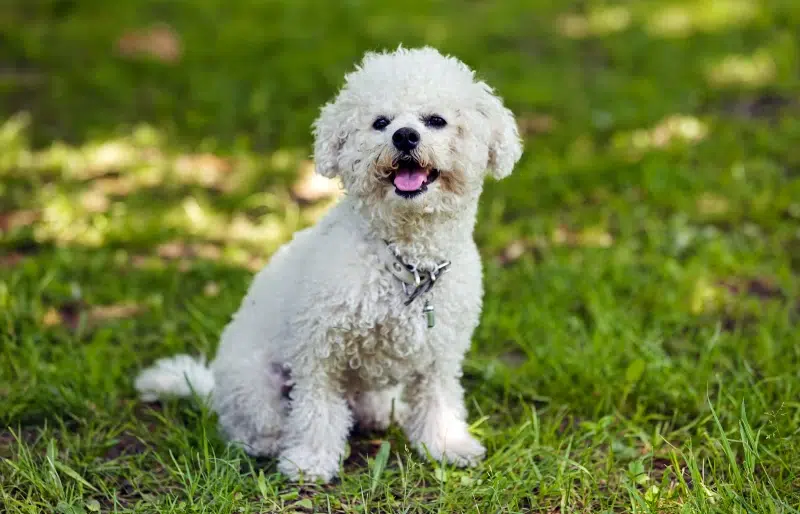
Training
The only tricky aspect of owning a Bichon Frise is the training, which requires a lot of patience and consistency. These dogs can be incredibly stubborn while training, but they thrive on positive reinforcement. You may reward their good behavior with praise and treats to keep them motivated.
They can be timid and shy around strangers, but you can prevent this by training and socializing them early on.
These dogs love to please their owners, so they’ll be eager to learn tricks and perform them on command. Incorporating fun activities and treats into your training sessions is the simplest way to motivate this breed. You may also utilize crate training to simplify the house-breaking process for your Bichon Frise and provide a safe space to retreat to.
Health & Care
Like any other dog breed, the Bichon Frise can be prone to some health conditions. That includes various gum diseases and eye conditions, such as progressive retinal atrophy or cataracts. Your Bichon Frise may also be vulnerable to joint problems like hip dysplasia or patellar luxation.
In some cases, this breed can also develop skin conditions and specific allergies. You may practice preventive care by taking your dog for regular veterinary check-ups, monitoring their weight, maintaining proper dental hygiene, and feeding them a nutritious diet.
More importantly, you must research the breeder you’re buying from and request proof of their genetic health screenings.

Nutrition
Bichon Frise dogs thrive on a well-balanced diet that contains all the nutrients to maintain a healthy body. When opting for commercial dog food, research a high-quality brand that formulates food specifically for small dog breeds. It’s crucial that commercial dog food contains real meat as the primary ingredient and is free of artificial flavors, colors, and preservatives.
Otherwise, you can also feed your dogs a home-prepared meal under supervision from the vet. Due to their moderate energy levels, this dog breed does not require a lot of food. You must avoid overfeeding them to prevent weight-related health issues like obesity and heart disease.
Other than that, you should also avoid feeding them high-fat treats and table scraps. Lastly, fresh water should always be available for your Bichon Frise.
Suitable For:
Bichon Frise dogs are versatile and adaptable, making them suitable for various family types and lifestyles. They’re well-suited for tightly knit families with children but also sensitive enough for elderly individuals. Anyone who needs a loyal and affectionate furry friend should look no further than a Bichon Frise.
Since these dogs don’t occupy much space and have moderate energy levels, they’re perfect for apartment living. This social breed thrives on human attention and can develop separation anxiety from being left alone for too long. They may not be the best fit for those with a busy lifestyle.
You’ll also need to dedicate some time every week to grooming and maintaining their fluffy coat. Other than that, Bichon Frises are relatively low-maintenance dogs.
- Affectionate and loyal
- Ideal for families with children or seniors
- Moderate energy level
- Adaptable to apartment living
- Easy to train
- Long lifespan
- High-maintenance coat
- Prone to specific health issues
- Requires early socialization
- May develop separation anxiety
- May bark loudly without the proper training
- Can be stubborn while training

Havanese Overview
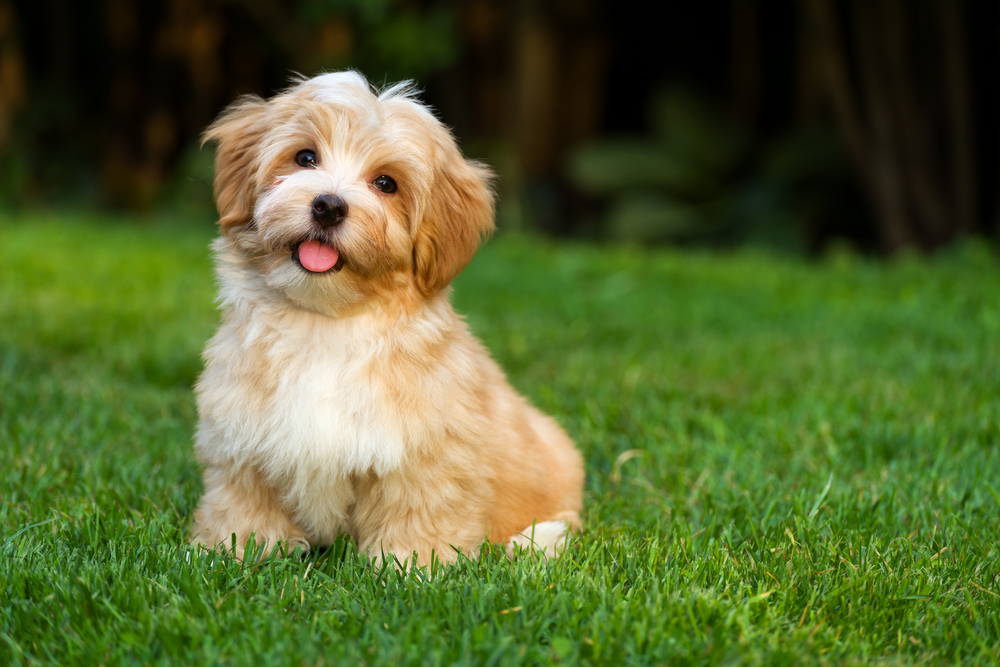
Much like the Bichon Frise, Havanese dogs have a long and rich history. Their origins date back to 16th-century Cuba when Spanish sailors brought Bichon-type dogs to the island. Then, they crossbred these dogs with the Poodle, Maltese, and other small dog breeds to create the Havanese.
The Cuban upper class popularized the Havanese breed by keeping them as lap dogs and companions. Unfortunately, their popularity declined drastically after the Cuban Revolution as owners left their Havanese pets behind to flee the country.
A group of American breeders initiated this breed’s revival in the 70s by importing Havanese from Cuba and other countries. This led to their AKC recognition in 1996, making it a popular household breed worldwide.
Today, these dogs are loved for their playful and attentive personalities, ability to thrive in various living conditions, high intelligence levels, and trainability. Despite their turbulent history, Havanese dogs are thriving as a healthy and internationally loved breed.
Personality/Character
Havanese dogs are amiable and playful. Their outgoing personality gives them an advantage over Bichon Frise dogs, which can be somewhat timid around strangers. Aside from being highly sociable, Havanese are also intelligent, making them easy to train and an ideal pick for first-time dog owners.
Their moderate energy levels mean they require regular exercise, but a quick session of fetch or a walk in the park is enough to meet their daily requirements. At the same time, they love cuddling with their favorite owners as lap dogs.
Since Havanese dogs are tolerant and patient around children, they make perfect family pets. They’re also a small and adaptable breed, which makes them an excellent fit for apartment living. Overall, these affectionate and charming dogs make versatile and loving companions.
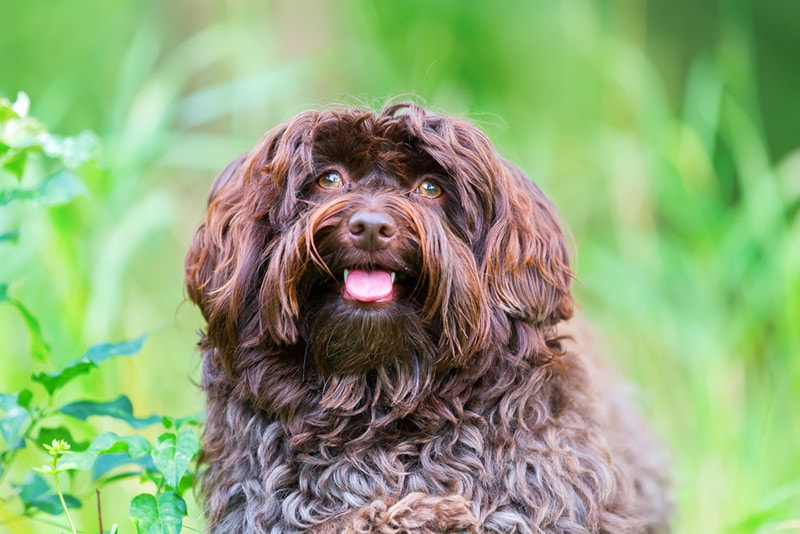
Training
Training a Havanese is relatively easy, but you must take a gentle and positive approach. These dogs can be sensitive to harsh training methods, so you may explore different positive reinforcement techniques. Praise, playtime, and treats typically work best for this breed.
Since these dogs are intelligent and eager to please, your training sessions won’t have too many complications.
Although they’re usually open and friendly around strangers, early socialization is still crucial for Havanese dogs. Above all, you’ll need to practice consistency and patience while training this breed.
Health & Care
Havanese are generally classified as healthy dogs but can also be vulnerable to certain health conditions. They may develop cataracts, progressive retinal atrophy, and other eye problems, but they’re also prone to joint issues like hip dysplasia and patellar luxation.
Like any other dog, the Havanese is also prone to dental diseases, allergies, and skin conditions. You must practice proper dental hygiene and monitor your dog’s weight to prevent and manage such health issues. Regular veterinary check-ups are another form of preventive care for your Havanese.

Nutrition
When creating the ideal diet plan for your Havanese, you must ensure nutritional balance and include all the required nutrients, minerals, and vitamins. Since they are a small breed, they don’t require large portions.
If you’re feeding them commercial dog food, you must ensure that it has a high meat content and is free of artificial preservatives, colors, and flavors. Meanwhile, potatoes and whole wheat will help them reach their carb requirements. You must ensure their diet is rich in calcium, potassium, sodium, magnesium, iron, zinc, and all vitamins. Fresh water should be available for your Havanese at all times.
Suitable For:
Havanese dogs can adapt to any lifestyle, making them the perfect fit for large families or individual pet owners. Their small size allows them to thrive in apartments and smaller homes, and they aren’t picky in urban or rural environments.
If you’re looking for an affectionate and attentive companion, the Havanese will make you its top priority. Their daily activity requirements aren’t too demanding either, but they require some level of mental stimulation every day.
Their low-shedding coat also makes them excellent pets for those with allergies. Overall, these dogs are friendly and adaptable, so they’re suitable for just about anyone.
- Affectionate and playful
- Good with children and animals
- Adaptable to apartment living
- Intelligent and easy to train
- Moderate energy level
- Long lifespan
- High-maintenance coat
- May develop separation anxiety
- Prone to cataracts and dental diseases
- Can be hard to housebreak
- Can be sensitive to harsh training methods
- May bark excessively without the proper training

Which Breed Is Right for You?
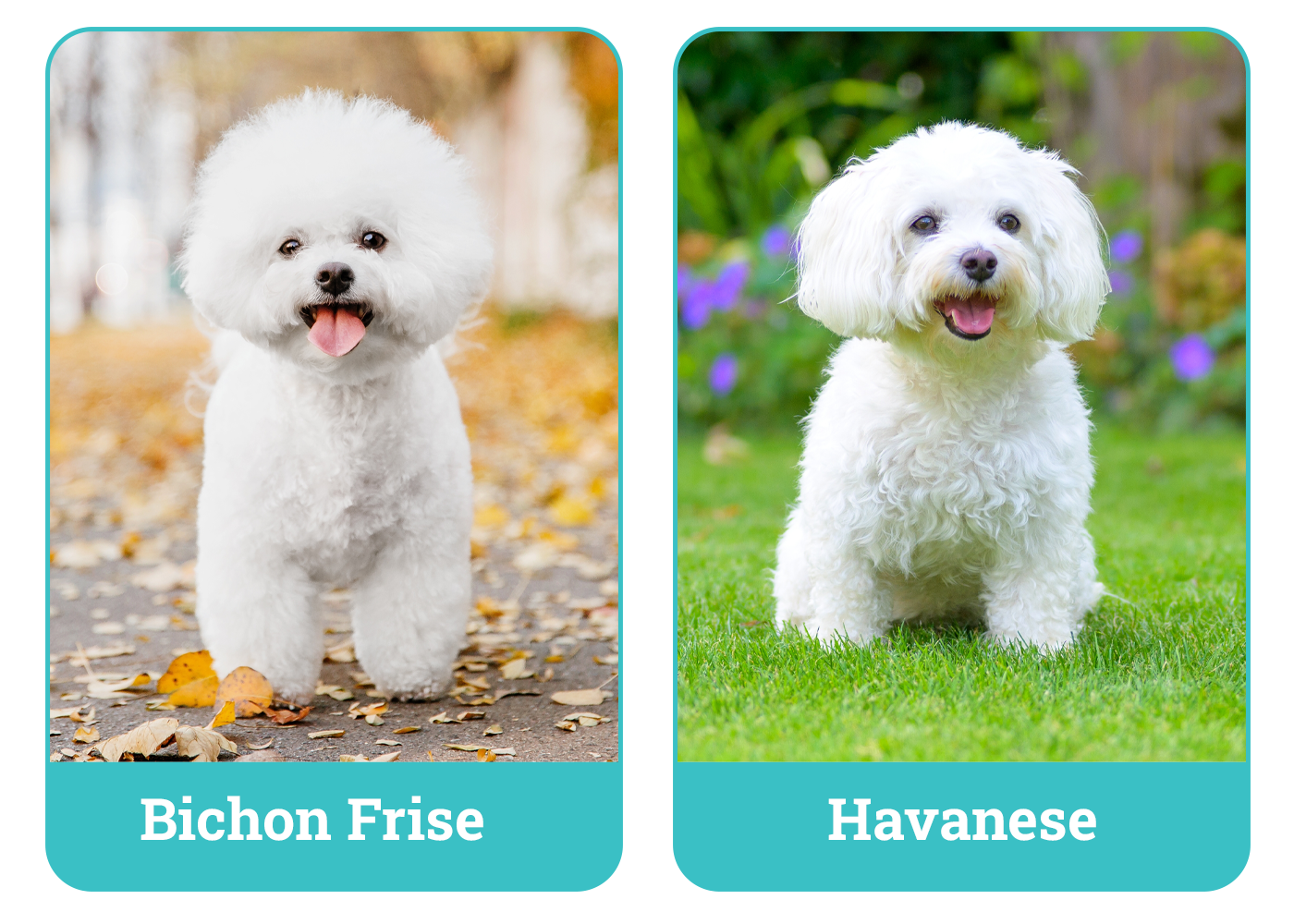
When choosing a new dog for your family, it’s essential to consider a few factors. The Havanese and Bichon Frise are similar due to their interconnected lineage, but both breeds have some key differences to consider before purchasing.
Grooming is one of the most crucial factors to consider before getting a pet. Bichon Frise dogs have thick, high-maintenance coats that you’ll need to brush and groom often to prevent mats and tangles. If you don’t have the time to commit to such grooming needs, a Havanese coat may be more forgiving.
Other than that, you must consider the dog’s activity level. Both breeds require approximately 30 minutes of daily exercise, but Havanese dogs are more energetic. The laid-back Bichon Frise may be better if your family has older children with busy lifestyles.
Training is another crucial factor, as Bichon Frises can be somewhat stubborn. Meanwhile, Havanese dogs thrive under positive reinforcement and do not react well to harsh training methods.
With the proper training and attention, both dogs can be eager to please and willing to learn all sorts of tricks. Ultimately, the choice between the two breeds comes down to personal preference and lifestyle.
Featured Image Credit: Top – Bichon Frise (Radovancev Zarko, Shutterstock) | Bottom – Havanese (Dennis Bautista, Pexels)








